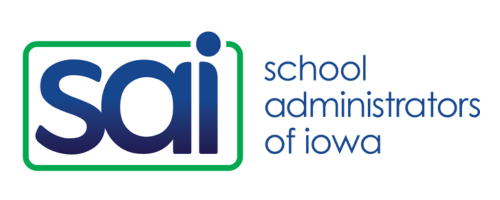Supporting Reading Instruction
Date postedFebruary 12, 2024
Gain insight from an NAESP National Distinguished Principal regarding best practices for maximizing literacy achievement in your school.
Whether you’re pushing in literacy specialist during a 90-minute reading block or scheduling a consistent intervention/enrichment block, you’re influencing reading outcomes for your students. What specifically can you do as principal to foster a reading-rich culture?
- Provide designated time for professional learning and participate with your staff. What do your student literacy data tell you they need? What learning do teachers need to meet student literacy needs better? Utilize your building leadership team and other district and regional experts to help support your planning for adult learning. Actively engage in the learning as the lead learner, and you will position yourself to provide better feedback to teachers, ask better questions to foster reflective practice, and respond to questions from parents and other stakeholders.
- Take care of the logistics. Ensure that staff have the material resources to support both their own learning and that of their students. Provide space and time for staff to collaborate. Communicate clear expectations for collaboration—as PLC’s, teachers should be addressing the 5 (I add a 5th) questions:
- What should students know and be able to do?
- How will we teach it (which instructional strategies have the highest effect size or the greatest potential for increasing student learning and growth?)
- How will we know they’ve learned it?
- What will we do if they don’t?
- How will we respond if they already know it?
- Facilitate, coach, and provide feedback. Step in to facilitate conversations, PLC’s, and BLT meetings as needed. Own your data and help others to see how they influence and impact student learning through the choice they make. Teachers want to know if they’re fulfilling your expectations; they want feedback. Affirm the instructional practice you want to see when you see it, the collaboration, the assessment.
- Hold people accountable and celebrate successes. When staff veer toward drama and the reasons “we can’t,” remind them of why they chose teaching and the commitment we have to the success of each student. In the words of Cy Wakeman, ask them “What would great look like?” Be that warm demander – show compassion and empathy, and keep the bar high.
- Keep abreast of the latest research in reading. The Marshall Memo and The Main Idea can help you access digestible doses of research. Ask an instructional coach, Title teacher, or other literacy leader in your building/district to share relevant articles, videos, and posts with you. You don’t have to know it all at a deep level, and you do have a responsibility to be aware and familiar.
- Take care of yourself! Leading change requires energy. Be sure you’re intentional about refueling yours.
